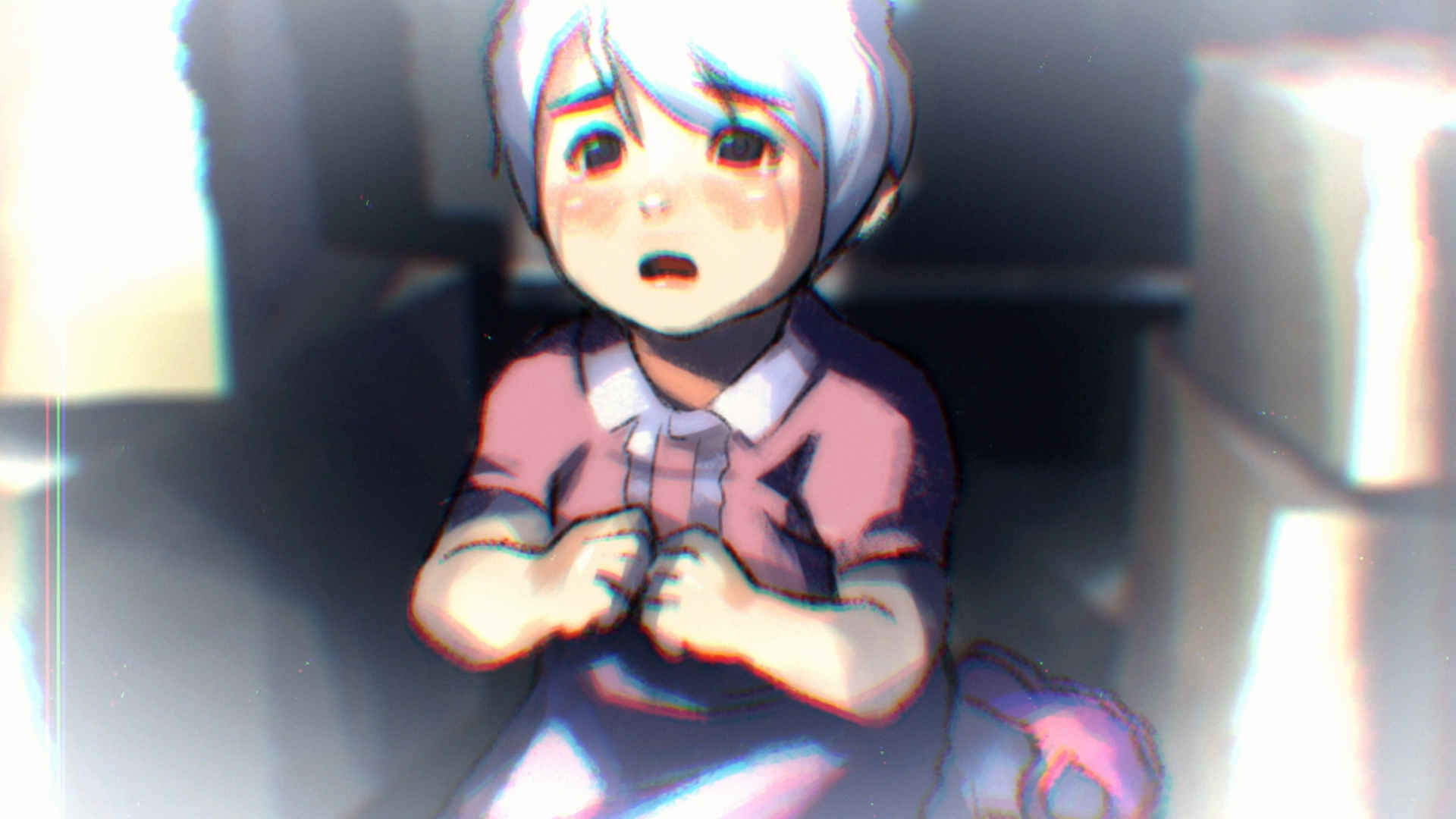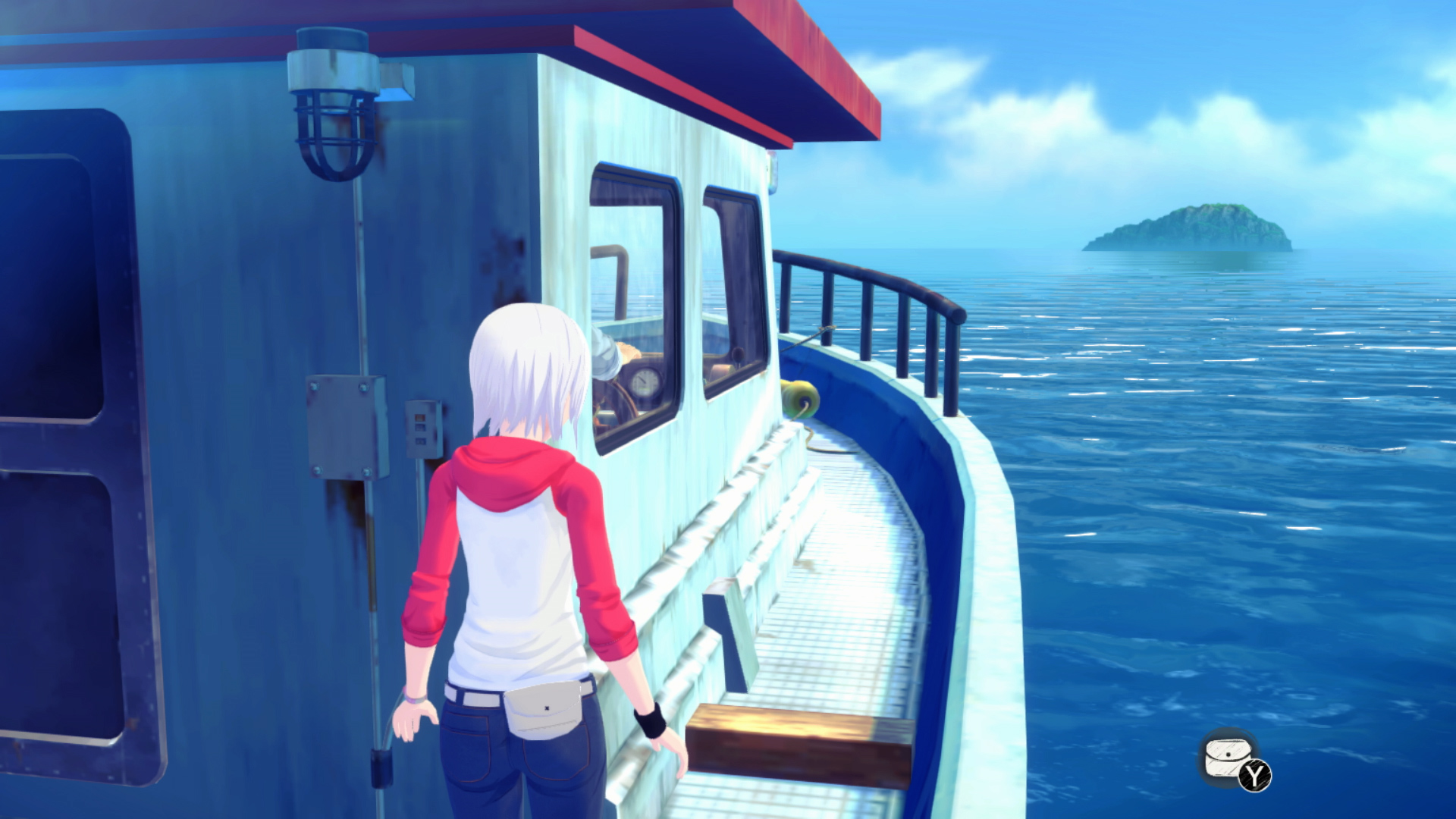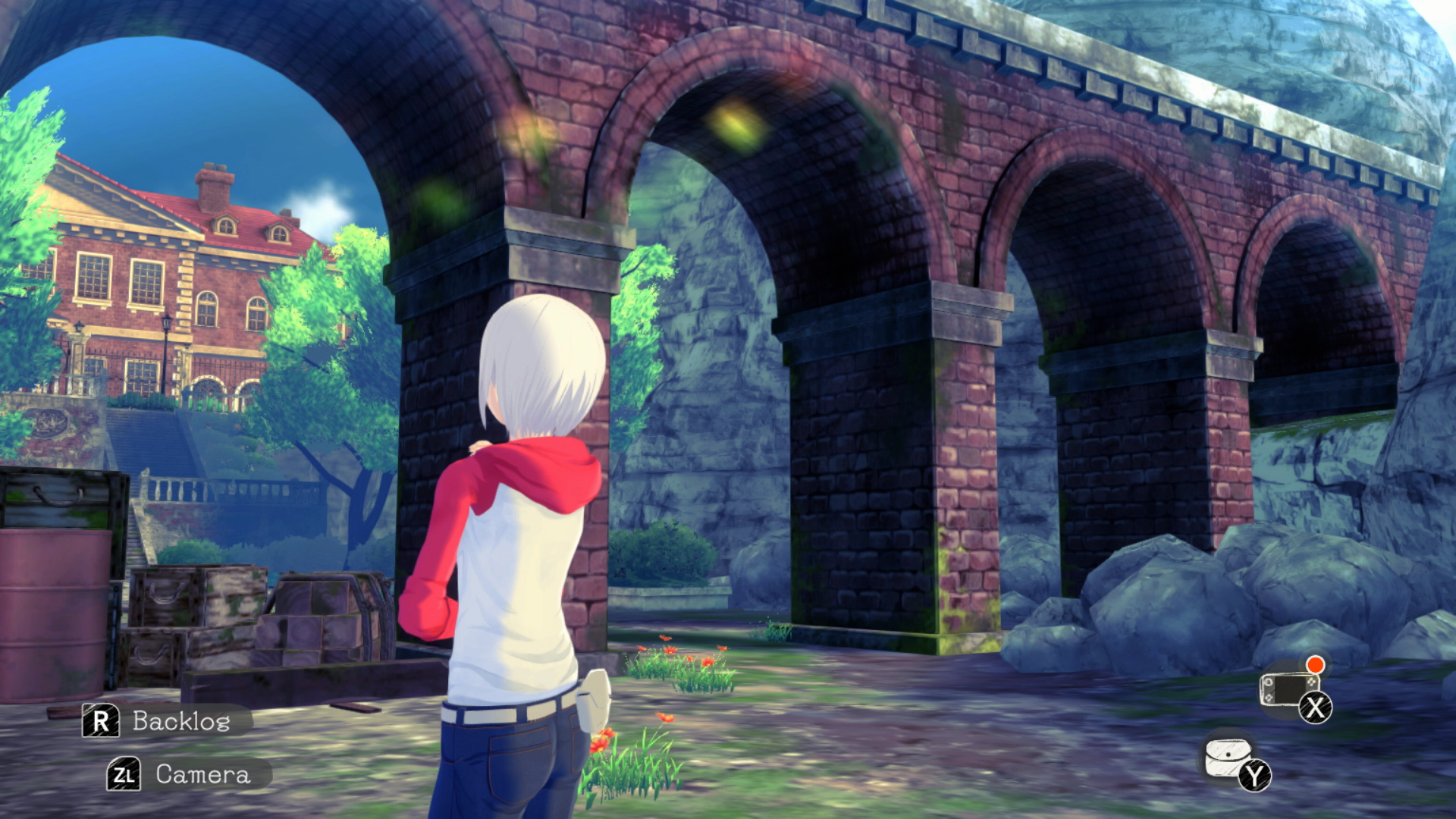The era of Nintendo DS was the springboard into the videogame world for many players, no longer infants: one of the genres that has benefited the most on this well-known platform is certainly that of puzzle adventures, which has managed to impress itself in the minds of the majority thanks to sagas such as that of Professor Layton and of Another Code.
Another Code: Recollection was presented without any previews during a recent and very rich Nintendo Direct, reawakening a pleasant and highly nostalgic warmth in the players who had the opportunity to get their hands on Ashley's adventure in 2005. nostalgia factor that accompanied the weeks preceding the publication of this collection, were you disappointed or not? You will find out by continuing to read our review.
In search of lost memories
Another Code Recollection presents both chapters of Ashley's story, but it will not be possible for us to start our adventure starting from the second chapter: the story of our young protagonist it must be “forcedly” experienced as if it were the first time and, ultimately, we believe this is right.
The first half of the story sees us in the shoes of one Ashley 14 years old, an orphan raised by her loving aunt, her father's sister, who discovers that the latter is not only still alive, but trembles with the desire to meet his beloved daughter. To reach the man, aunt and nephew embark on the mysterious ship Blood Edward Islandhome isolated from the world of an ancient noble family who disappeared in unclear circumstances.
In a short time we will lose track of our aunt and, wandering around the island, we will reach the ancient villa of the Edward family, and we will meet the ghost of one of its ancient inhabitants. The young D it will not only be a very useful element for the development of the story, but also a shoulder that will keep us the right company during the gameplay. In conclusion, the plot develops in a rather linear manner and without being particularly intricate, even if it is not without twists and turns.
We do not dwell on the analysis of the second chapter as the plot is strictly connected to the conclusion of the firstbut we report a clear consistency in technical and gameplay terms between the two events.

The adventure, lasting about 6 hoursis set within the abandoned villa and will require us to go in search of Ashley's affections (her aunt, but also and above all her father) and the memories of the ghost D. To complete our mission we will have to explore every corner of the villa, solving a series of puzzles.
The riddles of Another Code: Two Memoriesoriginally based on the concept of dual screens and DS controls, result in their version for Nintedo Switch the more simplified and trivialized: moving 3D objects in search of a joint or a secret pocket did not give us the same sensation provided by the DS.
The way in which you have to approach the puzzle has remained unchanged compared to the original game, but we cannot consider it a good thing. To solve a puzzle you will need always follow the same script: find the puzzle, look around, find an element of the scenario that clearly refers to the aforementioned puzzle and, at this point, we will have the solution.
Unfortunately, this process only slows down the game phases and completely flatten the contribution that the player would like to be able to give through the use of his own ingenuity: we can essentially define the puzzles a narrative pretext rather than a real challenge for the player.


A question of identity
It would probably be more correct to define Another Code Two Memories a graphic adventure? Yes, but even in doing so we are not faced with a fully satisfactory product. Although they are present elements to collect and use at a later timeeverything turns out to be extremely woody and excessively driven.
The exploration phases fail to trigger in the player a desire to understand the environment that surrounds him: thanks to the scarcity of scenario elements on which to pay attention, but also the inexplicable slowness of the camera (necessary to solve some puzzles) which has opening and loading times that are unacceptable for a title with such low technical heaviness.
Focusing on the technical side, it is necessary to point out a camera (behind our protagonist) carelessly calibrated, which gives the player constant annoyances and only heavily affects the quality of the experience. Also worth mentioning is rather fluctuating frame-rateespecially if the console is used in a “portable” version.


Artistically “relative”
Being the re-release of two games released more than 10 years ago, the greatest innovation of this Recollection, excluding some small gameplay elements that allow us to delve deeper into the background of the characters, it certainly is the new artistic direction.
The change of pace is obviously clear if you compare the adventure on Switch with that on Nintendo DS (while we notice a greater linearity of style between the story on Switch and Nintendo Wii). The style adopted for the revival of the adventure We weren't particularly impressed on the depth side: the scenarios are very simple both in structure and in the use of lights and colors.
Even the character design didn't seem memorable to us: the characters, very few, are rather anonymous and they are unlikely to leave their mark (apart from Ashley, with her very strikingly colored hair for the environment and the general style of the game).
Also in this case, it is difficult to understand what the intentions must have been of the developers: are we faced with a minimal choice dictated by a limited budget, or by the desire to put the plot and sensations in the foreground?


In conclusion, it seems appropriate to underline how Another Code adapts to the new platform that hosts it: as previously stated, the functions of Nintendo Switch allow a different and perhaps too simplified approach to the puzzles, but we cannot fail to state that the gameeven in secondary aspects such as the use of the camera, exploit the characteristics of the Nintendo hybrid with the right attentionespecially in “portable” mode.
#Code #Recollection #Review #dive #forgotten